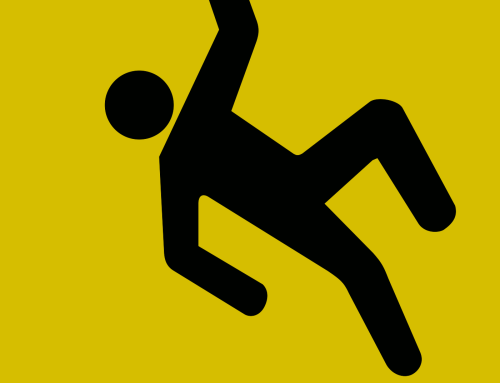A brain injury occurs once every seven seconds in the U.S. and 50% of all cases are caused by a motor vehicle (according to Brainline.org). Luckily, many of these traumatic brain injuries (TBIs) are concussions which are fairly temporary and fully reversible. The classification of injury is made based on the amount of damage done to the brain tissue. While a concussion is the mildest form of a brain injury, there is still a 20% chance that it could lead to longer-term health problems.
Concussions are not always diagnosed right away. Sometimes the symptoms are very mild or they don’t appear until days or weeks after the incident. Regardless of the subtleness of the symptoms, it is important to take precautions and educate yourself regarding this injury and its progression.

Cause
The most common causes of concussions are related to sports, falls, and car accidents. A bump, blow, or jolt to the head forces the brain to hit the hard wall of the skull and can cause damage to the tissue.
Symptoms
Concussion symptoms can show up right away, they can be delayed by days or weeks, or they can go unnoticed because they are so mild. The symptoms are the key to determining the seriousness of the injury, so it is important that you pay close attention to them.
Note and monitor changes and progression in the following:
- Headache
- Loss of consciousness
- Disorientation
- Nausea
- Vomiting
- Dizziness
- Delayed response
- Fatigue
Medical attention is advised for the following symptoms:
- Disorientation that does not go away
- Repeated vomiting
- Seizures
- Strange eye movements
- Problems with balance
- Pupils that are unequal in size
Recovery
Recovery from a concussion can take hours, days, weeks, or even months with ongoing symptoms such as:
- Difficulty concentrating
- Mild headaches
- Sensitivity to noise
- Fatigue
- Withdrawn personality
- Dizziness
- Occasional blurred vision
While concussions are very common but a mild brain injury, they can pose potentially serious risks. Note that if you have had more than one concussion, your risk of long-term impact dramatically increases. Look out for these concussion symptoms if you or a loved one has been involved in a car accident. They key is to be aware of the injury in order to take the necessary precautions on the road to recovery.
If you have suffered a brain injury at the fault of another driver, reach out to the Law Offices of Philip M. Cohen for help.




Leave A Comment